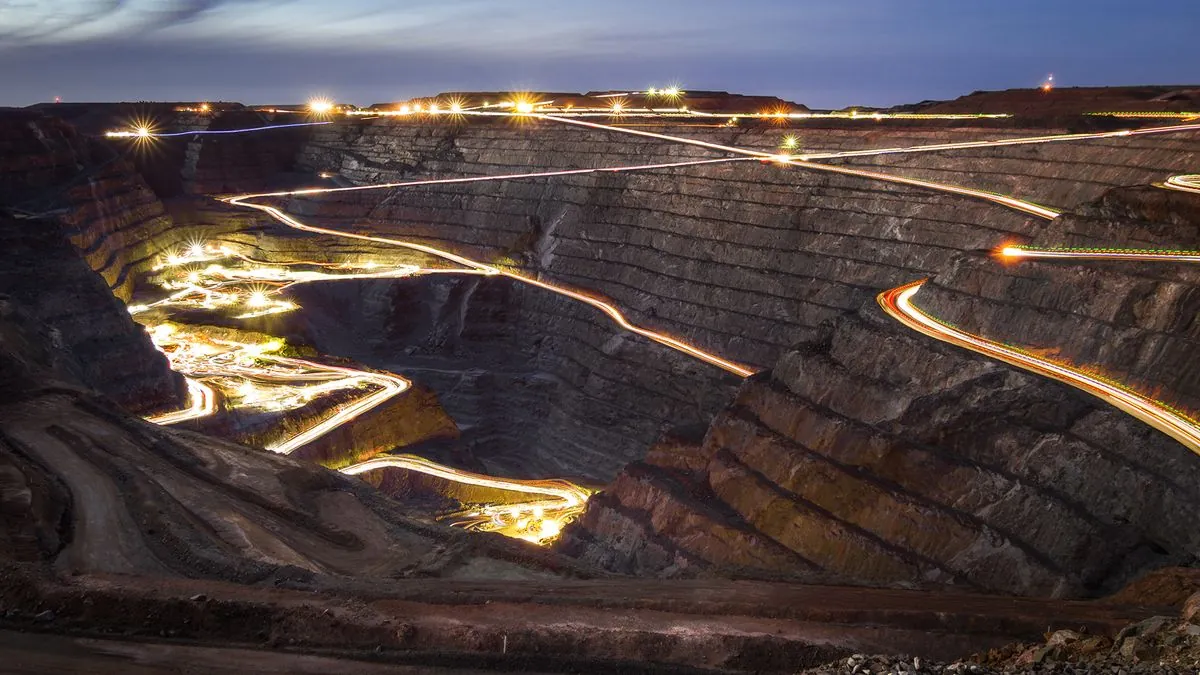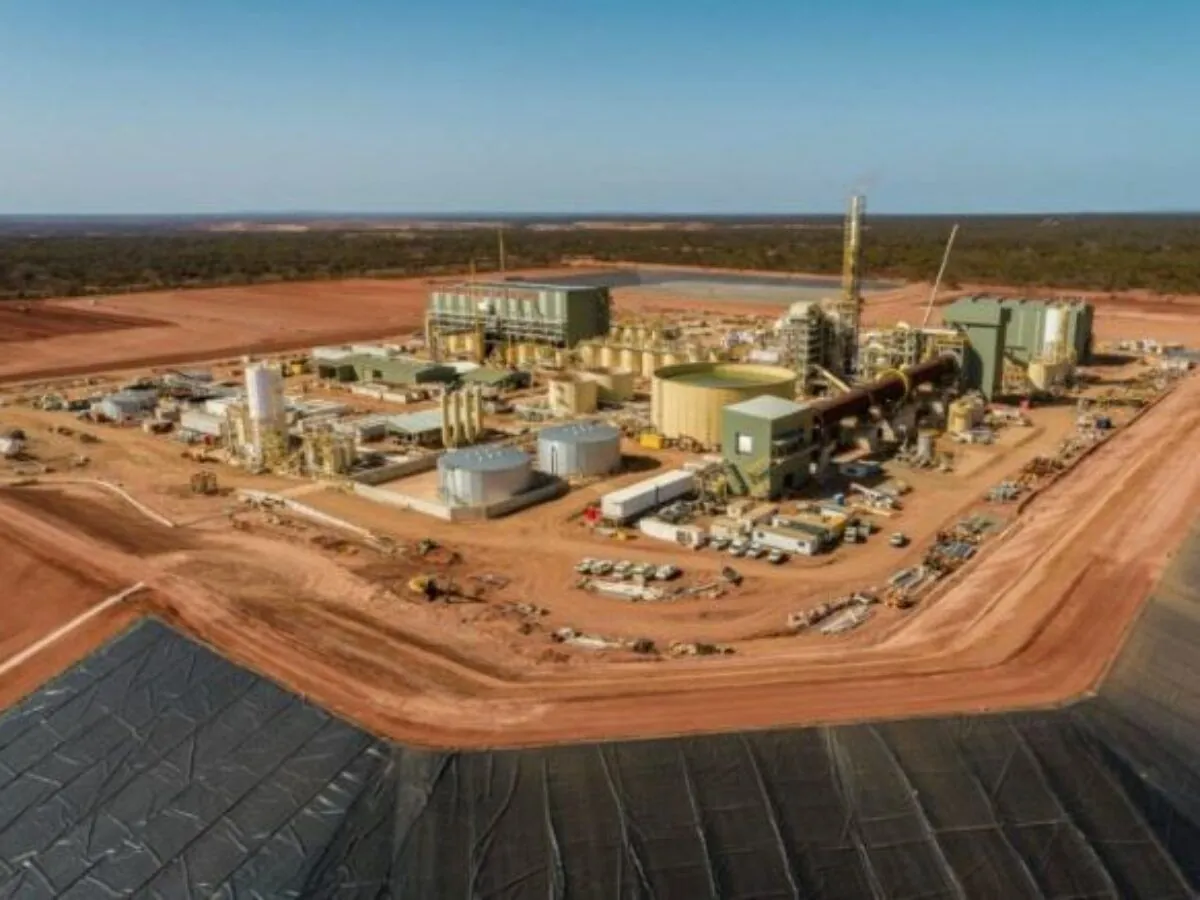Australia Challenges China's Rare Earth Dominance Amid Global Mineral Race
Australian mining firm Northern Minerals faces Chinese investment concerns, highlighting the global struggle for critical minerals. Government intervention underscores efforts to reduce dependence on China's rare earth monopoly.

The global race for critical minerals has intensified, with Australia emerging as a key player in challenging China's dominance over rare earth elements. A recent corporate struggle involving Northern Minerals, an Australian mining company, has brought to light the complexities of this geopolitical mineral conflict.
Northern Minerals found itself at the center of controversy when it discovered potential proxy share purchases by Chinese investors, led by minerals magnate Wu Tao. The company's executives grew concerned after a $16 million share issuance in September 2022, suspecting that Wu Tao might have circumvented a previous government order blocking him from increasing his stake in the company.
This situation prompted an Australian government investigation, resulting in a June 2023 order for Wu Tao's company, Yuxiao Fund, and four other entities to divest $15.5 million worth of shares by early September 2023. The case has highlighted the delicate balance Australia seeks to maintain in its mineral trade relationships with China.

Australia's mineral exports to China reached approximately $100 billion in 2022, underscoring the economic significance of this trade. However, China's control over rare earth production and refinement has raised concerns among Western nations about supply chain vulnerabilities and national security implications.
Rare earth elements, despite their name, are not uncommon in the Earth's crust. The group consists of 17 metallic elements crucial for various high-tech applications, including smartphones, wind turbines, and electric vehicles. The extraction and refinement process, however, is complex and potentially environmentally damaging, which has contributed to China's dominance in the sector since the 1980s.
Northern Minerals aims to become one of the first suppliers of dysprosium and terbium outside of China. These heavy rare earth elements are essential for electric vehicles and military applications, including fighter jets. The company's efforts align with a broader push by Australia and its allies to reduce dependence on Chinese rare earth supplies.
A significant development in this direction is the partnership between Northern Minerals and Iluka Resources to refine dysprosium and terbium. The $1.1 billion refinery, backed by an $800 million Australian government loan, is under construction in Western Australia and is expected to be operational by late 2026. This facility will be the first fully integrated plant outside of China capable of separating both heavy and light rare earths.
Lynas, another Australian rare earths producer, is also contributing to this effort. The company plans to build a refinery in Texas with U.S. Department of Defense support and will begin producing dysprosium and terbium at its Malaysia plant in 2024.
As Western nations strive to establish alternative rare earth supply chains, China has been restructuring its industry to maintain control over mining, processing, and exports. This has led to concerns about artificially low prices that may deter non-Chinese companies from pursuing new rare earth projects.
The ongoing situation with Northern Minerals has exposed potential regulatory shortcomings in Australia's foreign investment oversight. The case serves as a reminder of the strategic importance of rare earth elements and the complex interplay between economic interests and national security concerns in the global minerals market.
As the September 2023 deadline for the ordered share divestment approaches, the outcome of this corporate struggle may have far-reaching implications for the future of rare earth production and international mineral trade relations.


































